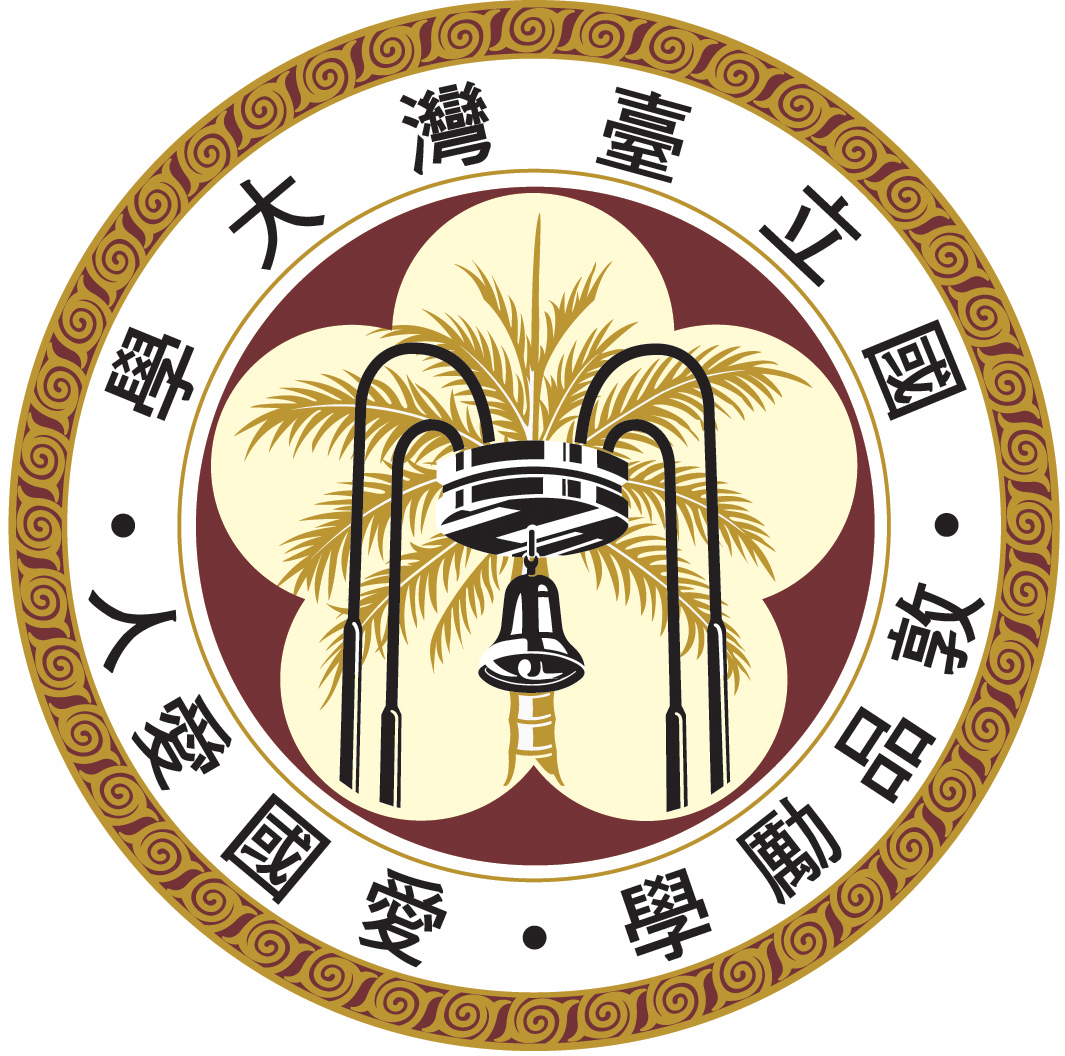IONTU Paleoproxy Lab
Research Field
Dr. Ho completed her PhD studies at the Alfred Wegener Institute in Bremerhaven, Germany. She then held two postdoctoral positions in Germany and Norway before taking up a faculty position at National Taiwan University in 2018. She is now an associate professor at the Institute of Oceanography.
Dr. Ho's research focuses on improving our understanding of past changes in ocean temperature variability. To this end, she develops and optimizes geochemical proxies based on the organic and inorganic remains of marine organisms. These proxies are then used to reconstruct past ocean temperatures, which in turn help elucidate the mechanisms of ocean temperate change and validate numerical models used to project future climate change.
Dr. Ho serves as an associate editor for the AGU journal Paleoceanography and Paleoclimatology, steering committee member of PlioMioVAR PAGES working group, scientific advisory board member of EU-Horizon P2F grant “Towards fully paleo-informed future climate projections” and member of Organic Geochemistry Division Executive Committee of the Geological Society. She is also the principal investigator of the NSTC Ocean Data Bank, and a reviewer for scientific journals and funding agencies.
Our research aims to understand past changes in climate and ocean conditions by analyzing fossilized lipids and calcite microfossils found in marine sediments covering the seafloor. These fossils serve as proxies for climate conditions beyond the instrumental era. We focus on proxies used to derive seawater temperature, often referred to as paleothermometers. Since the proxy recordings of climate signals are indirect, we strive to improve the interpretation of proxy data, enhancing their reproducibility and enabling inter-comparison between different proxies. Our goal is to provide better constraints for proxy-derived climate reconstructions, which, in turn, help refine the numerical models used to project future climate change.
Our laboratory is equipped to process sediment samples for geochemical analyses, which are conducted both in-house and in collaboration with colleagues at NTU. Our facilities include a microwave-assisted extraction system, gas chromatography, high-performance liquid chromatography-mass spectrometry, and stereo microscopes. Our laboratory has been featured in the Lab Spotlight of NTU (see more). You can learn more about us on our social media accounts (Facebook, LinkedIn and Bluesky).
- Reconstructing paleohydroclimate in Taiwan using lipid biomarkers
- Individual foraminifera analysis as a tool for paleoceanographic reconstruction
- Multiproxy-based marine paleotemperature reconstructions in the Pacific Ocean
2020: Teaching excellence award, from National Taiwan University
2017: Brandenburg Postdoc/Early Career Prize (Award: 20k Euro), from the German State of Brandenburg
2010: SCAR Fellowship, from the Scientific Committee of Antarctic Science
2009-2012: POLMAR PhD Scholarship, from Alfred Wegener Institute
2009: Numaguchi Prize for outstanding MSc thesis, from Hokkaido University
2006-2009: Panasonic Scholarship for MSc studies, from Panasonic Inc. (Matsushita Denki)
2005: Dean’s List Award, from University of Technology Malaysia
PhD, Alfred Wegener Institute, Helmholtz Centre for Polar and Marine Research, Germany
MSc, Environmental Science, Hokkaido University, Japan
BEng, Chemical-Gas Engineering, University of Technology Malaysia, Malaysia
1 Vacancy
Job Description
The intern will reconstruct past ocean temperature changes in the Kuroshio Extension region in the north Pacific during the interval 3.4–2.4 million years ago, using lipid biomarkers from marine sediments.
The intern will learn sample processing methods, including sediment homogenization, solvent extraction, and flash column chromatography. The intern will learn how to process data obtained using gas chromatography and high-performance liquid chromatography-mass spectrometry.
Preferred Intern Education Level
BSc, MSc or PhD student in analytical chemistry, oceanography, earth science, or marine geosciences.
Skill sets or Qualities
Careful and meticulous in laboratory work.
1 Vacancy
Job Description
The intern will reconstruct past hydroclimate change in Taiwan and land to sea carbon export during the interval 25–0 thousand years ago, using lipid biomarkers from marine sediments.
The intern will learn sample processing methods, including sediment homogenization, solvent extraction, and flash column chromatography. The intern will learn how to process data obtained using gas chromatography and high-performance liquid chromatography-mass spectrometry.
Preferred Intern Education Level
BSc, MSc or PhD student in analytical chemistry, oceanography, earth science, or marine geosciences.
Skill sets or Qualities
Careful and meticulous in laboratory work.
